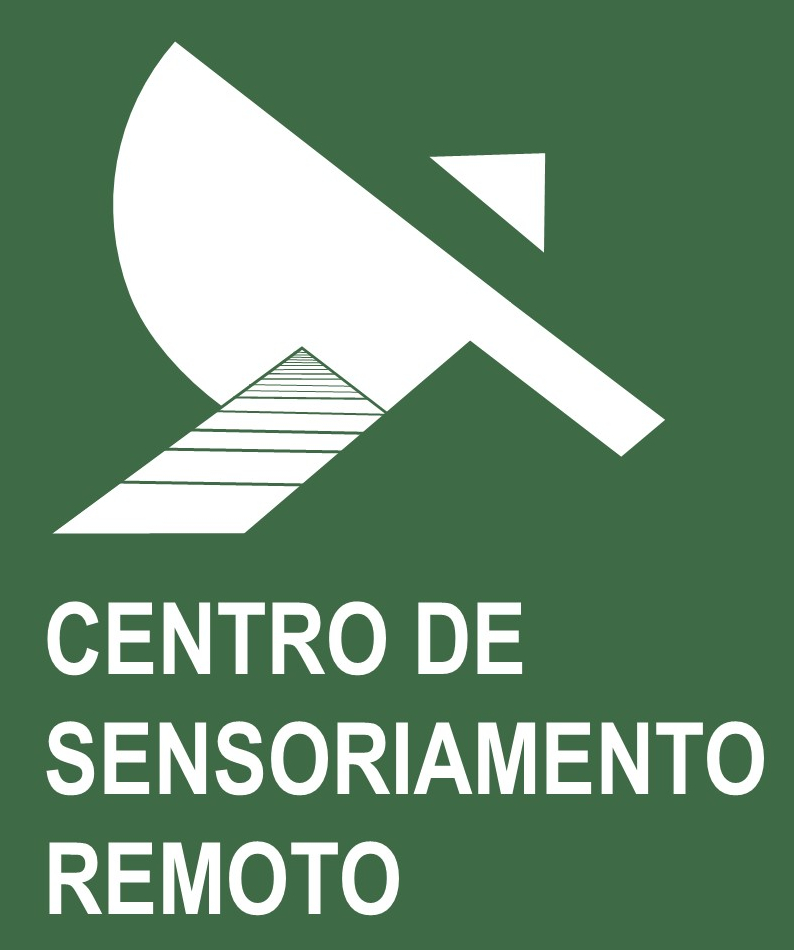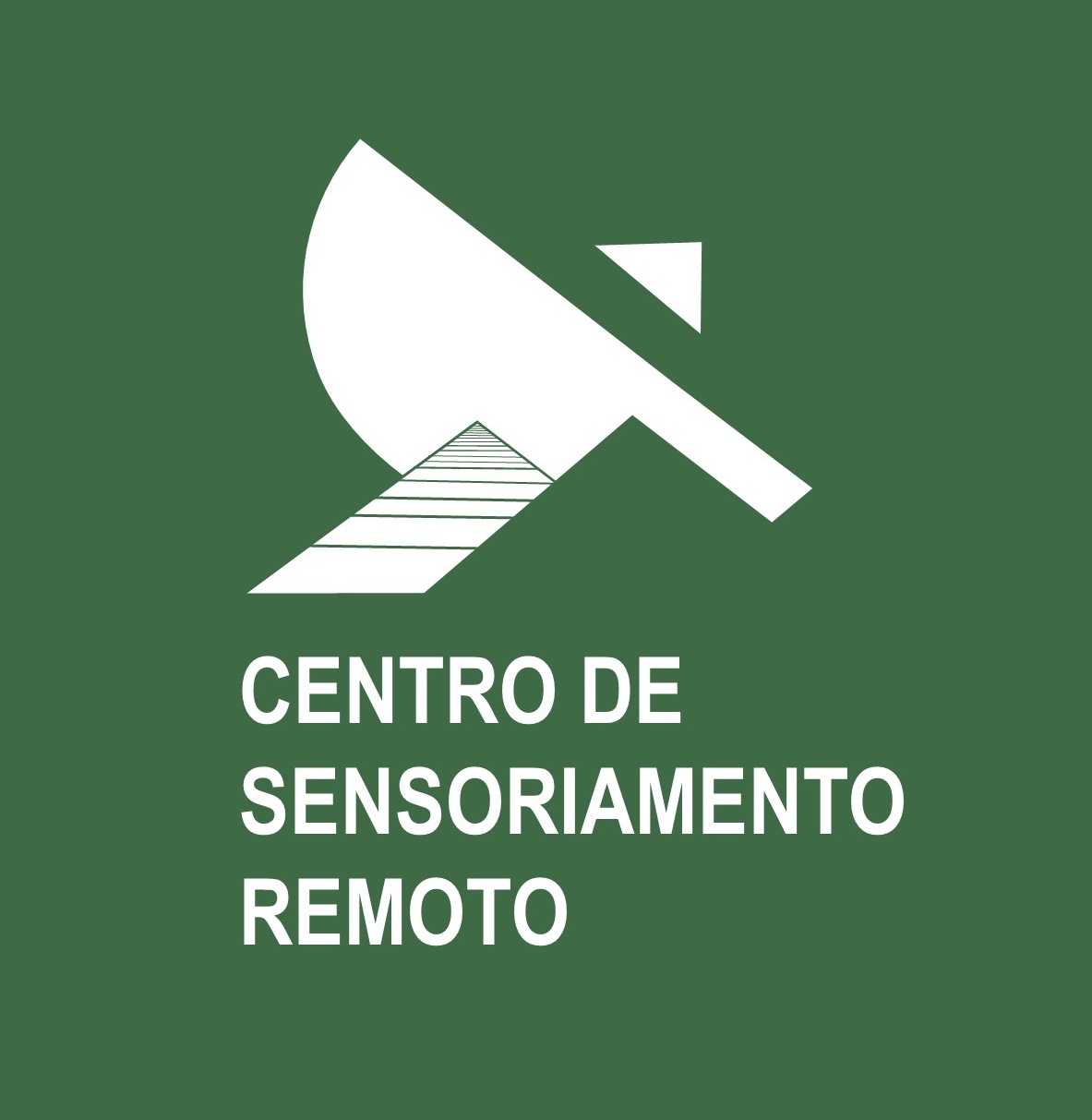In a policy brief, students from the Postgraduate Course in Analysis and Modeling of Environmental Systems at UFMG discuss how the state of Minas Gerais can act to reduce Greenhouse Gas (GHG) emissions through public policies for the waste sector solid and still obtain financial returns. Their analyzes indicate that already known measures, such as energy use in landfills, composting and recycling, would be the most efficient in helping to meet the state’s climate commitments.
In 2019 alone, Minas Gerais generated almost 7 million tons of solid waste and this sector is the one that, historically, showed the greatest growth in emissions. Since 1990 until 2019, the sector’s emissions have doubled and the trend is for even greater growth in the coming years, driven by the increase in population.
Although the sector still represents a small portion of the state’s total emissions, it is essential to fulfill the commitment made by Minas in the United Nations Race to Zero campaign to bring net emissions to zero by 2050. Currently, with the State Sanitation Plan Basic Policy of Minas Gerais – which includes solid waste management – in the drafting phase, there is no better opportunity to think about policies on the subject.
To this end, the students present how known paths would have an impact on reducing emissions in the sector, emphasizing the need to transform them into state public policies. Using a methodology called marginal abatement cost curve (MACC), they demonstrate that the four actions analyzed – recycling, composting, reverse logistics and use in landfills – would bring a greater return than the investment required to implement them.
The project to implement large-scale operations for the energy use of biogas generated in landfills, for example, despite presenting a lower financial return, is the action that has the most potential for reducing CO2e, around 2 million tons by 2030. Composting, the second action with the greatest impact on reducing emissions, would be responsible for using the majority of organic waste produced in the state.
Recycling appeared in third place among the measures with the greatest potential for reducing emissions and, in addition to reducing the amount of waste sent to landfills, increasing its useful life, it avoids the use of primary resources for the manufacture of new products, saving energy and resources.
“The study highlighted the potential and relevance of measures to reduce greenhouse gas emissions in the solid waste sector not only for the positioning of Minas Gerais in mitigating climate change, but also as policies that could provide financial returns to the state ”, points out Cláudia Albuquerque, one of the authors. “However, to guarantee the effectiveness of these actions, it is necessary that the implementation takes place within structured planning based on short, medium and long-term goals in line with social demands and the context and challenges of different municipalities”, she adds.
Argemiro Teixeira Leite Filho, one of the professors of the discipline in which the work was developed, states that “Rethinking and innovating the solid waste sector is fundamental to achieving the objectives of sustainable development.”
Read the full policy brief and the supplementary material.

